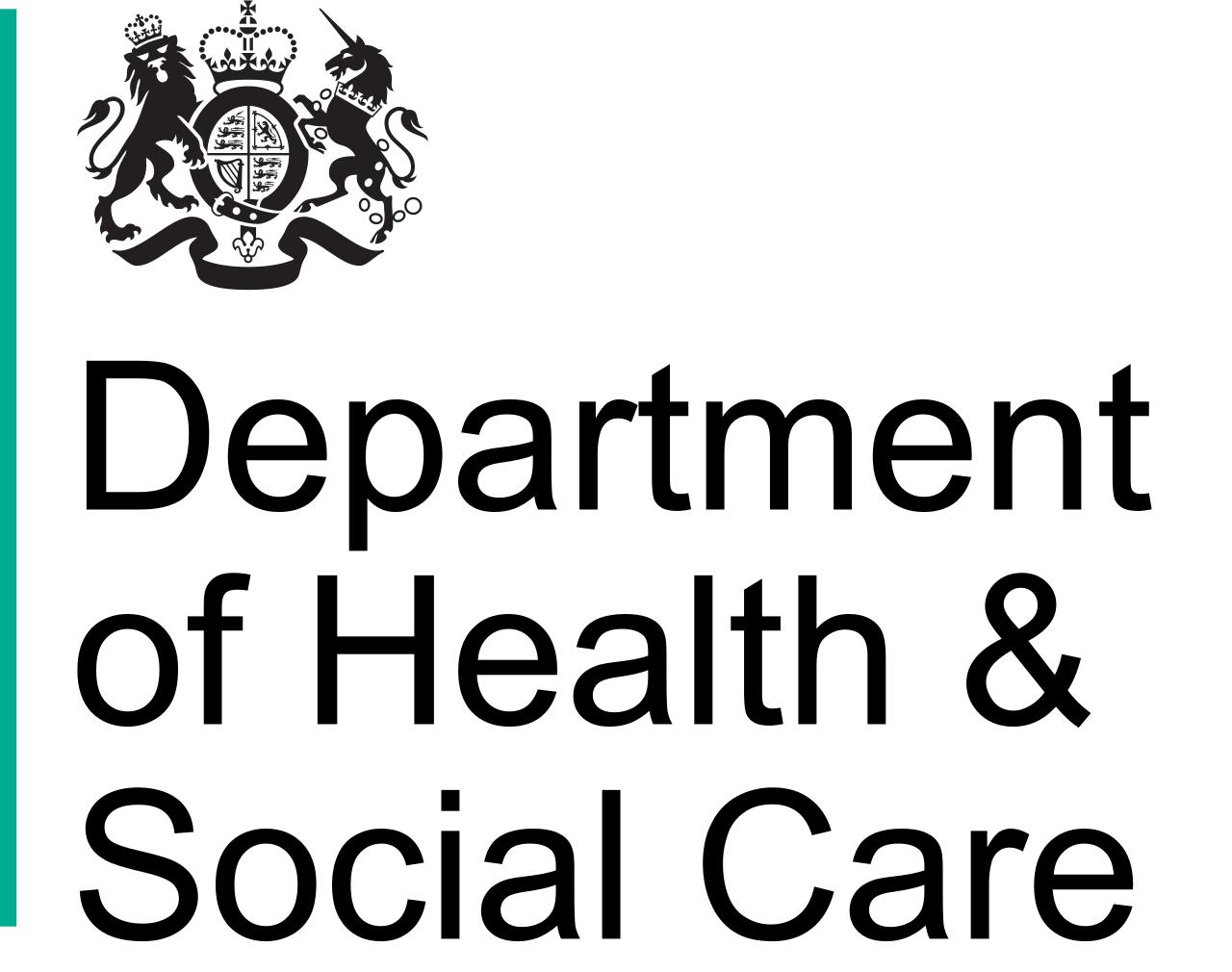Vicky Foxcroft MP for Lewisham Deptford & Shadow Minister for Disabled People
Thank you to all of those who have contacted me about proposed amendments to International Health Regulations (IHR).
The UK Government has joined international partners in calling for a new global settlement to help prepare for future pandemics. The World Health Organization (WHO) has in turn established an independent panel to provide an evidence-based approach to address future health threats.
The IHR provide an overarching legal framework for handling public health events and emergencies that have the potential to cross borders. They create rights and obligations for countries, including the requirement to report public health events, and outline the criteria to determine whether a particular event constitutes a “public health emergency of international concern”.
Amendments to the IHR are being considered at the WHO. The first detailed discussion by governments took place in February, with a focus on making the international community better prepared for future emergencies. In parallel with the IHR amendments process, governments are also negotiating the drafting of a WHO instrument on pandemic prevention, preparedness and response, also referred to as a pandemic accord or treaty.
COVID-19 remains a significant threat: the virus will change and adapt and we must learn to live well with it, as well as being prepared for future pandemics. Climate change and globalisation mean that natural biological threats are becoming more common.
For these reasons, it is my view that pandemic preparedness must be taken as seriously as a matter of national security. One lesson of the pandemic is that no one is safe until everyone is safe, and that global health is local health, so global co-operation on pandemic preparedness and biological threats needs to be strengthened. It is vital of for communities of all sizes, from our local community in Lewisham Deptford to the global community, come together to face these challenges.
Speculation that any future treaty will undermine UK sovereignty and give the WHO powers over national public health measures is, in my view, unfounded. Indeed, protecting national sovereign rights is a distinct principle in the first draft text, which makes no reference to vaccine mandates, lockdowns or any such draconian policies. Indeed, the implementation of the regulations “shall be with full respect for the dignity, human rights and fundamental freedoms of persons”.
The process of drafting a new treaty and amendments to the IHR is ongoing. Final proposals are expected to be set out in May 2024. It is a member state-led process, and any treaty will require agreement of at least two-thirds of WHO members.
I assure you I will follow developments in this area closely and bear in mind the points you have raised.
Thank you once again to all of those who have contacted me about this issue.

